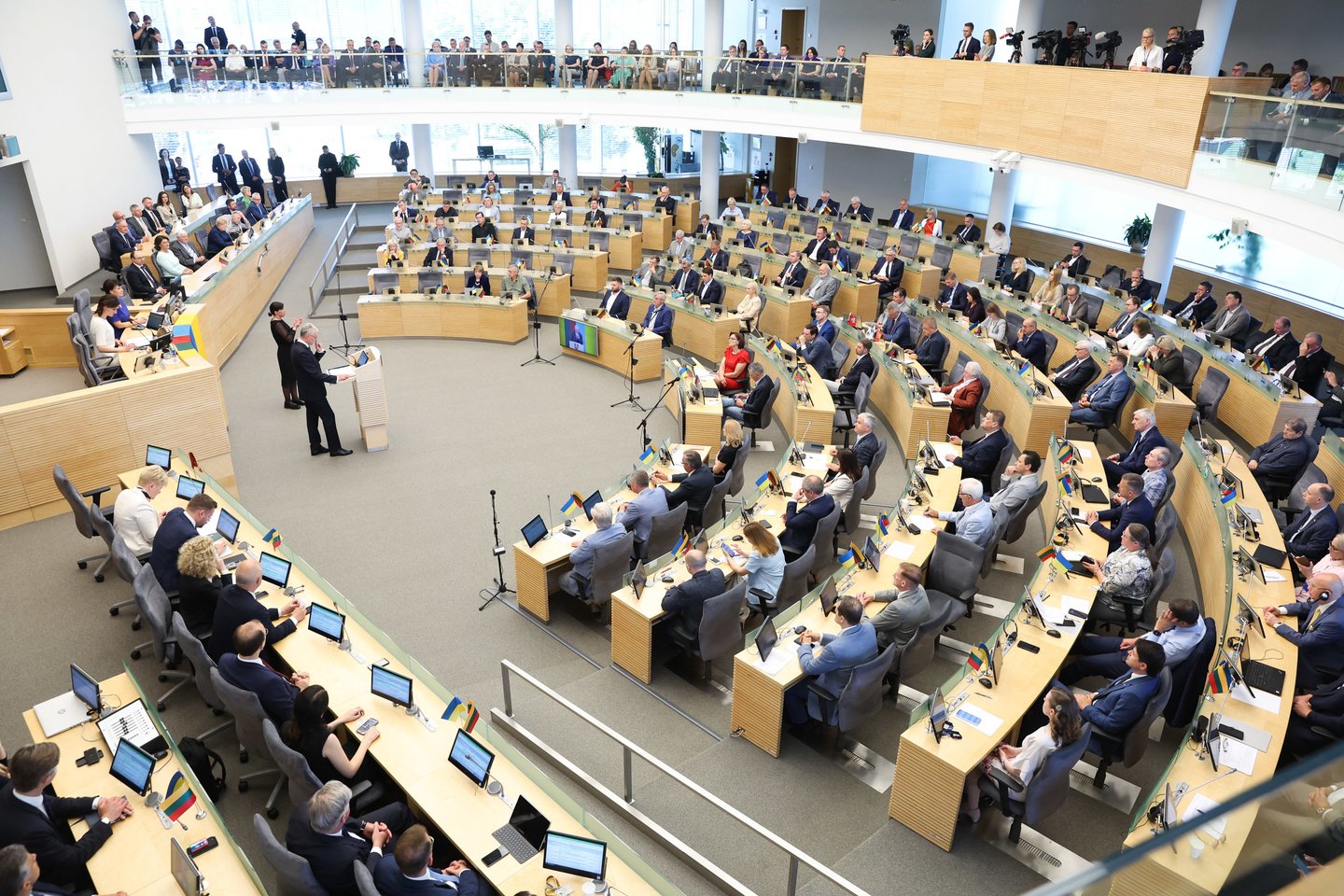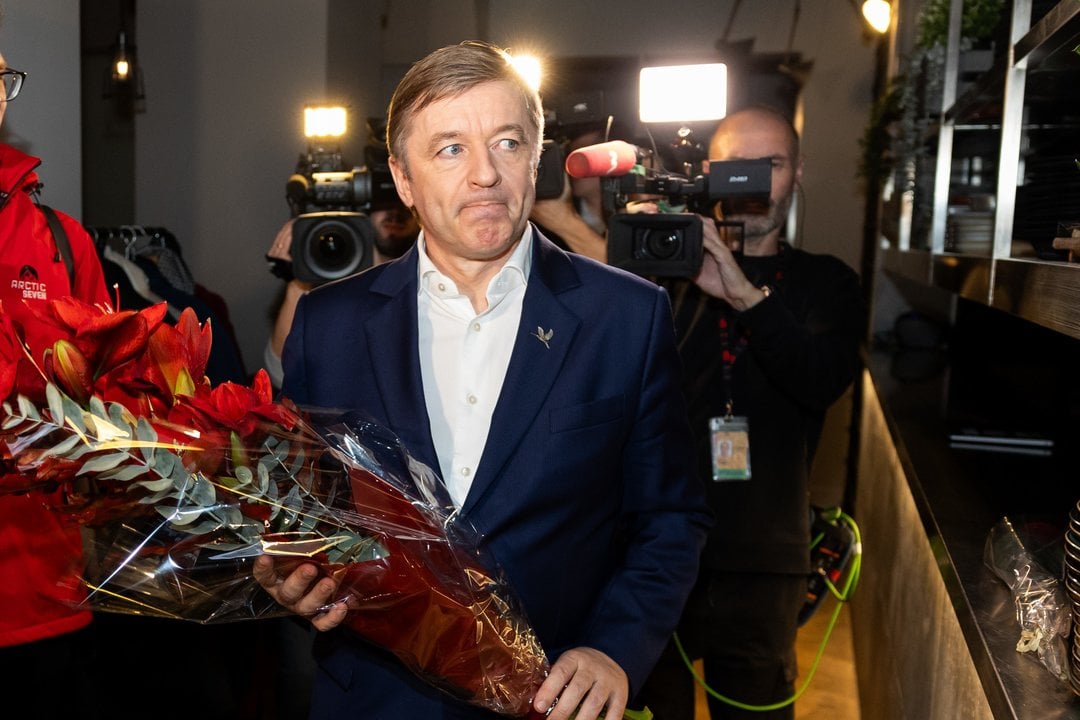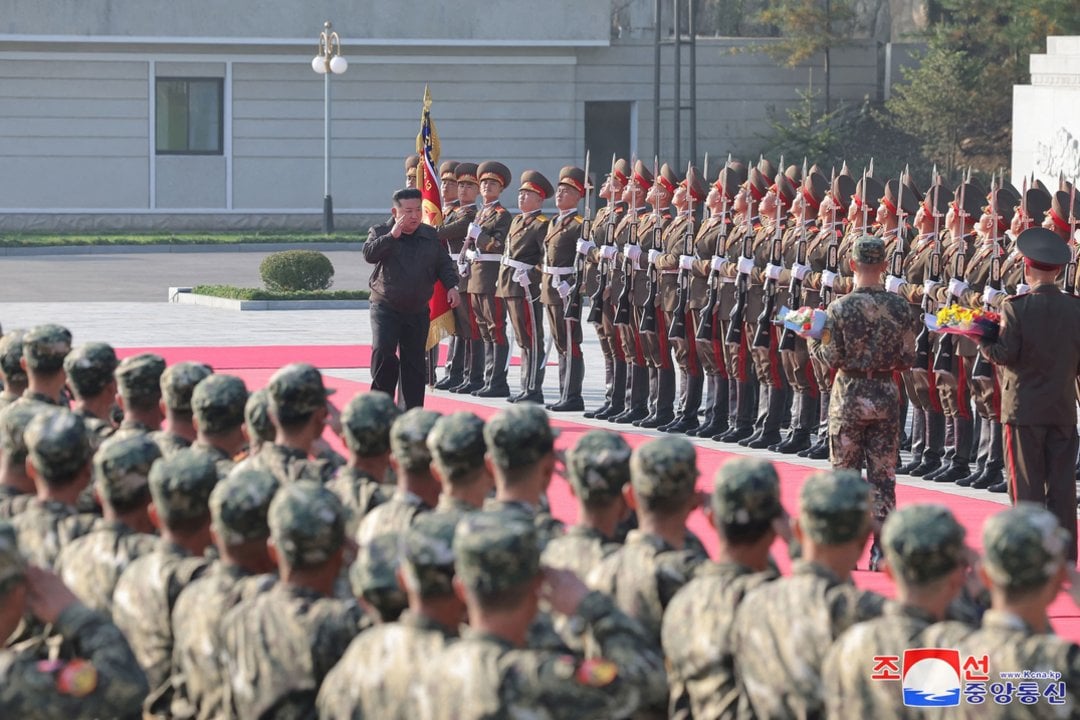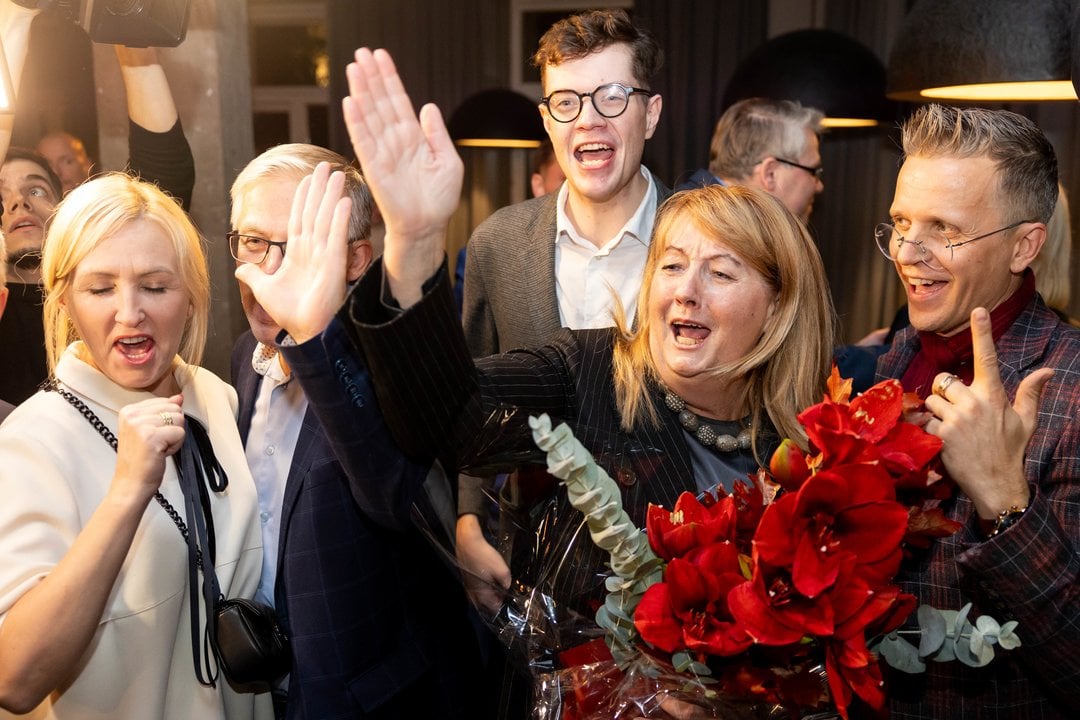This action is one of the episodes of renewed disputes and struggles over education policy. It is thus also permeated by the interests and conflicts of political forces.
The ruling party, primarily the Conservatives, who drive education and science, proclaim that the striking teachers are both a tool of politicians and have political interests themselves. These accusations are first levelled at the main driving force behind the strike – the Education Workers' Union and its leader, A. Navickas.
According to the ruling party, Navickas launched his own Seimas election campaign. It even points to a specific political force with which he will allegedly go to the polls – the Social Democrats. The teachers behind him are accused of simply taking advantage of the election period hoping that extracting more money from the government will be easier.
Perhaps the most prominent of the ruling party here was the husband of the Conservative Finance Minister G. Skaistė, also a Conservative politician, A. Skaistys, who on Facebook called the teachers going on strike „broilers“ and „commies“.
On the eve of the strike, Navickas accused the ruling party of pressurising teachers not to join the strike.
At the same time, the Social Democrats fully support the strikers and accuse the government of not listening to the teachers at all, not communicating with them, and even threatening them with lawsuits for striking.
The strike is also supported by „vardanlietuviai“ and its leader Skvernelis, who, when he was Prime Minister, had three ministers thrown out of office by the teachers who stormed the then Ministry of Education and Science.
According to the ex-Premier, the Conservatives, who supported the teachers at the time and pledged to them before the elections, are now reaping what they sowed themselves.
And then the Peasants, who were in power with Skvernelis, went the furthest, as usual, by announcing that they were leaving the national agreement on education signed by all the main parties.
The country's leader, G. Nausėda, again repeated that he could mediate between the government and the striking teachers, thus reviving the image of a „moderator“ that he had worn during the last presidential elections.
With the political intersections having reached such a level, no constructive conclusion to this story is to be expected, and once again, we are left to speculate how long it will last. Perhaps even more so than in the last term.
As if by accident, another issue has sprung up in the field of education, like dry grass: some politicians and their supporters have taken issue with the update of the so-called life skills curriculum. Fake documents have started circulating on social networks, allegedly proving that sexual minorities will abuse children based on this programme. I. Vėgėlė, a lawyer running for the Presidency, was horrified that children would be taught oral sex or similar sodomy and gomorrah.
The part of society most enraged by the Istanbul Convention, gender-neutral partnerships or similar horrors, with swarms of gay hitmen and child kidnappers lurking around every corner, immediately saw the horrors here, too.
The Ministry’s oaths that such fears have no foundation have not borne fruit and apparently will not. And how could it not – after all, this government is considered the main ally of the gay mafia.
It is no wonder that G. Nausėda, who claims to be the primary defender of the family, jumped into this arena – according to him, there are not yet any teachers who are „ready“ to educate according to this programme, so it should not be rushed.
Conservatives immediately accused the President of playing to the passions of a dark crowd, while Prime Minister Šimonytė said that Nausėda was trying to develop his election campaign and massage a topic that always scores many points.
Indeed, Nausėda needs to try to outdo his potential main rival, Vėgėlė, who is targeting the same voters.
In any case, the issue of the gay invasion of Lithuania seems to be resurfacing with renewed vigour, especially as the ruling party in the Seimas tries to pass the Civil Union project again.
Although this process is hopeless, even if the Seimas passed the law by some miracle, it would still be vetoed by Nausėda. The Freedom Party, pushing the project the hardest, has no choice but to do so. And if it fails, the Libertarians will at least have some excuse in front of their voters, another reason to take revenge on the coalition partners who did not support it and to demonstrate their independence.
What other eternal issue, apart from children, families and sexual minorities, is particularly convenient for the election campaign?
Roads and their condition, of course. Unsurprisingly, a clash is brewing in the ruling coalition between the Ministry of Transport and Communications, headed by M. Skuodis, and the government's top brass over the road funding programme.
According to the Ministry, repairing the country's deplorable roads requires at least one and a half million euros more than the government has already provided, and then several times as much. Of course, the Ministry's position is supported by the structures and institutions in its field. At the same time, the Prime Minister is calling for a halt to this because, you see, it is not the golden sheep that are shedding money.
Interestingly, it seems that G. Nausėda and his team may be behind Skuodis – there is talk behind the scenes in the Seimas that the Presidency is looking for support for the Minister.
Back in the summer, the President was appalled by the deplorable state of the entire transport infrastructure and slammed the authorities, whose negligence was the leading cause of this naturally, if he were to revive the subject again as he drives towards a second term in office.




